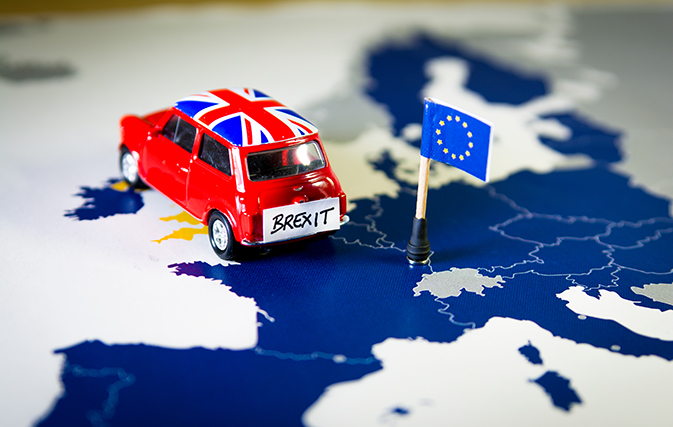GENEVA — IATA is calling for urgent action by the UK and the European Union to put in place contingency planning for the continuation of air services in the event of a ‘no-deal Brexit’.
IATA also wants the UK and EU to move much faster to bring certainty to what it says are three critical air transport issues:
- The uninterrupted continuation of air connectivity
- The framework for regulating safety and security, and
- The policies and processes needed for efficient border management
“These are the most critical areas because there are no fallback agreements such as the WTO framework available in a ‘no-deal’ Brexit scenario. Without any contingency planning being made transparent to the industry, the risks of not addressing these issues could mean chaos for travellers and interrupted supply chains. With less than six months to go, we have little more certainty than we did in June 2016,” said Alexandre de Juniac, IATA’s Director General and CEO.
The call for urgent attention to air transport issues in Brexit follows the release of an IATA-commissioned Study of the effects of the United Kingdom leaving the European Union on airlines flying to and from the UK.
Even in the best-case scenario, where a Brexit transition phase is agreed for the period after March 2019, a high degree of uncertainty and risk to air services remains, says de Juniac. A no-deal or ‘hard’ Brexit outcome, without an agreement for a transition period, is likely to lead to significant disruption to air services.
Moreover, he adds, the lack of transparency concerning any contingency planning for this scenario has left airlines completely in the dark as to what measures to take.
“The EU and UK have a responsibility to millions of their citizens who depend on reliable air transportation. The goal should be a comprehensive air services agreement that does not step backwards from the connectivity existing today. But with the possibility of a ‘no deal’ Brexit still on the table this late in the game, it is now essential that the EU and UK civil aviation authorities plan for contingency arrangements to maintain a minimum level of connectivity, which is vital for people and for business. This has to be one of the most important Brexit considerations. A backstop contingency plan to keep planes flying after March must be published, and quickly,” said de Juniac.
A no-deal Brexit also increases the likelihood of EU travellers being added to already over-long queues at UK passport control. An alternative scenario would be to create a ‘third lane’ which could process EU passengers more quickly, he says. But in either scenario, investment is needed to recruit and train more staff.
The situation regarding goods is even more complex, with almost no clarity on customs arrangements.
“Interference with the movement of people and goods will have a major and immediate knock-on impact to economic activity in both the UK and the EU. Solutions to minimize disruption are of paramount importance. We must have clarity on future border and customs arrangements now, if we are to plan for an orderly post-Brexit situation,” said de Juniac.

